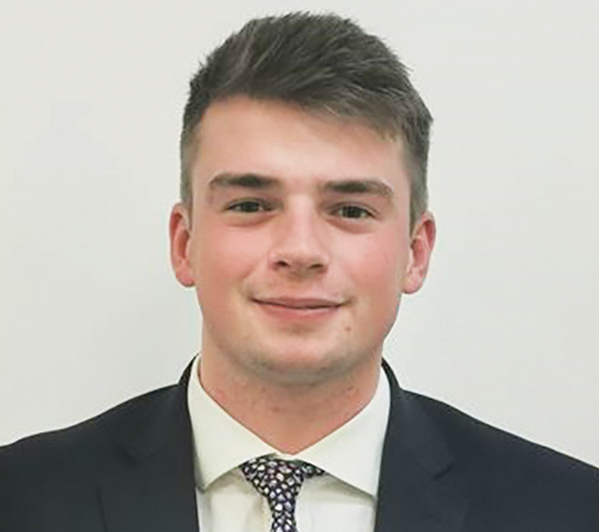George Parsons, Gleeds graduate project manager, has been working in Peru on an extended placement, part of the ARCC programme which, among other projects, is reconstructing infrastructure after 2017’s El Niño flooding.
What is a typical work day like for you?
Knowledge transfer to the local Peruvian teams is a key part of the reconstruction programme that we’re working on. So activities like putting together training talks and help for workshops are a big part of my day, along with providing cost and contract management support to a huge programme of infrastructure works spanning just under 200 projects across Peru.
Part of it involves reconstruction of infrastructure destroyed by the flooding caused by El Niño, to help futureproof the country with defences in a bid to avoid seeing that level of damage again.
I am also part of Gleeds’ digital team in Peru, who are working on a number of exciting initiatives to help bring the business forward on a global basis.
You’ve begun your career on a challenging and unusual project. What are you finding challenging and what rewarding?
Being offered the opportunity to work in Peru has been my proudest career achievement to date.
Progress is good. At times, it has been challenging. Sometimes there are language barriers, which does make integration tricky, although there is a really good translation tool that has helped.

“I’ve learned things I never thought I would and there’s no better way to learn than on a programme with so many moving parts. The challenges that come from the huge scope help you to learn even faster.”
Because the reconstruction programme falls under a government-to-government agreement with the UK, we’re teaching the local workforce to use cost management contracts they wouldn’t have encountered before, such as the NEC3, which is quite technical.
It can be hard to teach someone to use a new contract straight away; it takes time to learn and embed. That’s why part of our job is to guide them through any difficulties they might have.
There are training courses, a knowledge transfer department, community practice page, forums and audits, which are all helping – and we’re working towards a stage where the local teams can become more self-reliant in carrying out the projects. So far, so good.
How has this experience shaped your career plans?
The sheer scale of the project and working on aspects I never thought I would has helped me discover areas I might like to explore going forward.
I’ve learned things I never thought I would and there’s no better way to learn than on a programme with so many moving parts. In some ways, the challenges that come from the huge scope help you to learn even faster.
Looking ahead to my future career, I want to continue working on global infrastructure projects, not only to broaden my work horizons but my life experience too. I would like to have a digital edge as well as to be a project manager of the future.








